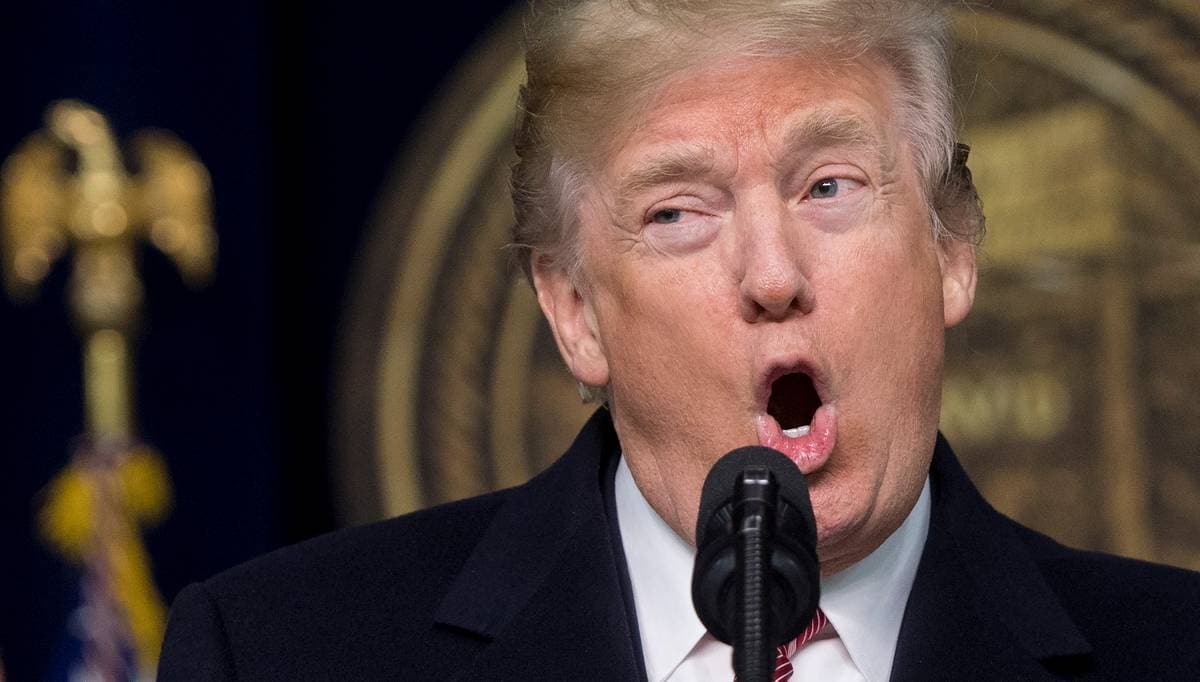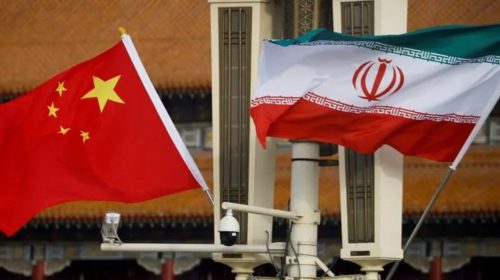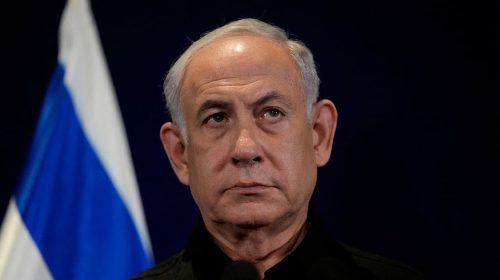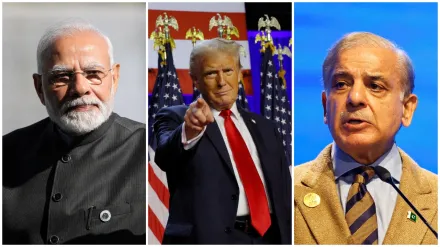Former U.S. President Donald Trump is reportedly considering accepting a luxury Boeing jet as a gift from Qatar’s royal family, according to recent media reports. However, legal experts are raising questions about whether such a gesture would be constitutional—or even legal—under U.S. law.
What the U.S. Constitution Says
The U.S. Constitution contains clear restrictions regarding the acceptance of gifts by public officials. According to two specific clauses, no federal officeholder, including the President, may accept gifts, titles, or other benefits from a foreign state, monarch, or prince without the explicit consent of Congress.
Additionally, a sitting president is prohibited from receiving any compensation beyond their official salary. These rules are meant to prevent foreign influence, corruption, or conflicts of interest.
While exceptions have occurred in the past—such as when Congress approved the acceptance of the Statue of Liberty from France in 1877—these are rare and require legislative approval.
In 2009, former President Barack Obama was allowed to accept the Nobel Peace Prize without Congress’s formal approval. Legal authorities argued that the Norwegian Nobel Committee does not qualify as a foreign government or royal entity under the Constitution’s gift clause. Obama donated the $1.4 million prize money to charity.
Who Enforces These Rules?
The Congressional Research Service has noted that there is no clear legal mechanism or enforcement body explicitly tasked with overseeing violations of the foreign gifts clause. The U.S. Supreme Court has also not provided definitive guidance on how—or by whom—such rules can be enforced.
However, legal experts believe that members of Congress, state governments, or even private entities might try to challenge such a gift in court if they believe a violation has occurred. But pursuing such legal action comes with significant hurdles.
To bring a case before a federal court, a plaintiff must demonstrate legal standing—meaning they must be directly affected by the alleged violation. This requirement has prevented several previous lawsuits on similar issues from moving forward.
What Have Courts Said Before?
Until Trump’s first term, the “Emoluments Clause” had not been the subject of significant legal battles. But in 2017, Democratic lawmakers filed a lawsuit alleging that Trump’s businesses were benefiting from foreign government payments, particularly citing an event hosted by Kuwait at the Trump International Hotel in Washington, D.C.
The lawsuit was dismissed by the appeals court in Washington, D.C., on the grounds that the 215 lawmakers who filed it did not represent a congressional majority and thus lacked legal standing. At the time, both chambers of Congress were controlled by the Republican Party, as they still are.
In 2020, the U.S. Supreme Court declined to review that decision, effectively ending the case.
A separate lawsuit was filed by the attorneys general of Maryland and Washington, D.C., arguing that Trump had violated the Emoluments Clause through his business dealings. That case, too, was dismissed for failing to meet the legal threshold for standing.
Do Other U.S. Laws Restrict Foreign Gifts?
Yes. Under the Foreign Gifts and Decorations Act, U.S. officials, including the President, may only retain foreign gifts valued at $480 or less. Any item exceeding that value is considered property of the U.S. government.
However, if a President wishes to keep a gift exceeding that limit, they may do so by reimbursing the government for its fair market value.
The Bottom Line
While Trump might be considering accepting a private jet from the Qatari royal family, actually doing so would raise serious constitutional and legal questions. Without congressional approval, such a gift would likely violate the Emoluments Clause and other federal regulations—setting the stage for legal and political scrutiny.












